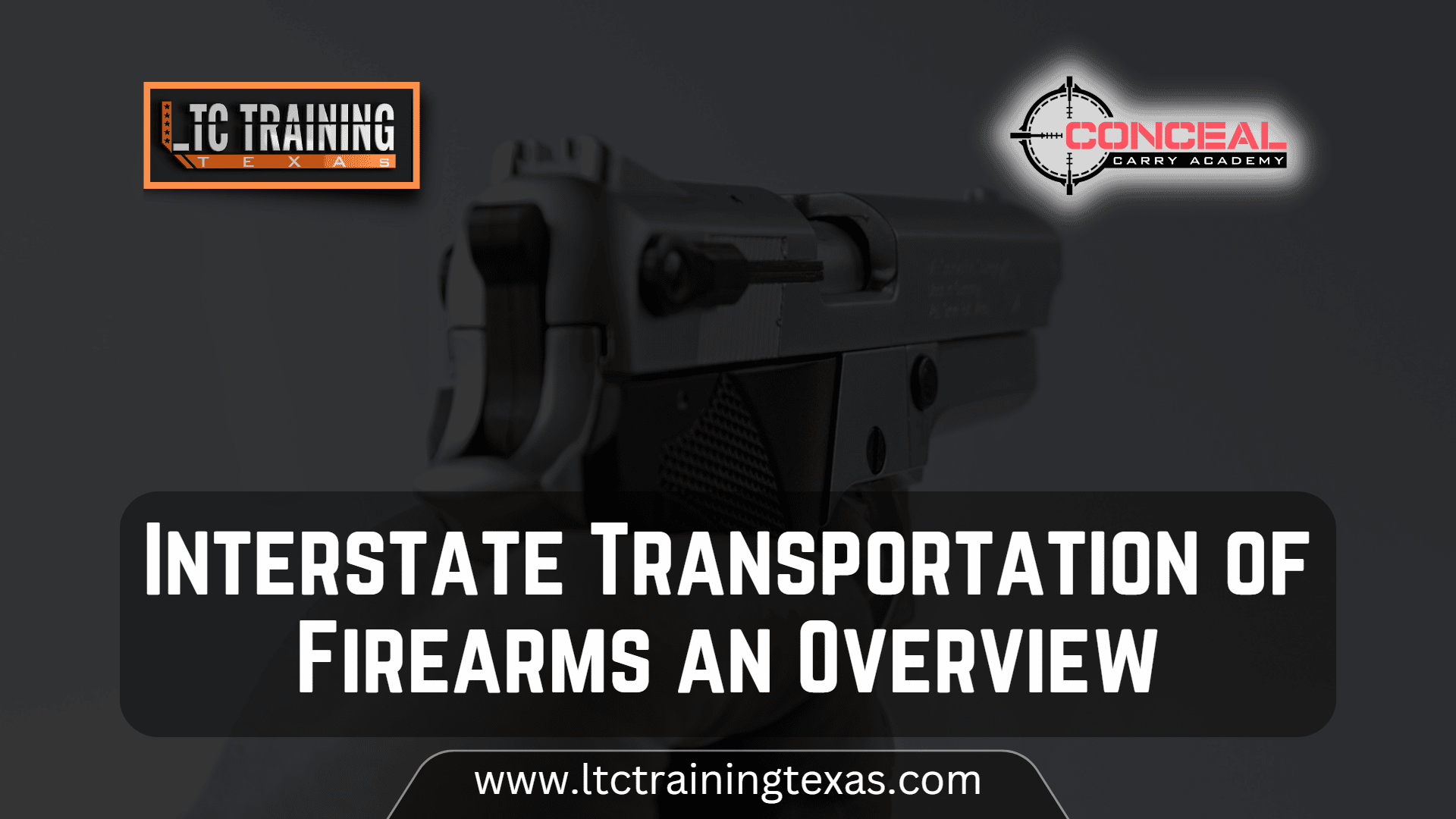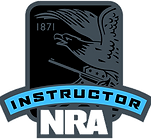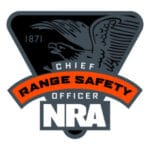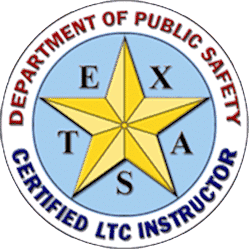Interstate Transportation of Firearms: A Brief Guideline
Guns are a hot topic in the United States and carrying them from one state to another can give rise to many legal issues as well as concerns for safety. Nonetheless, the right to possess firearms is not absolute, even though it is protected by the Second Amendment of the U.S. Constitution. The federal government, along with various states, has put in place laws that govern the transportation of weapons within their boundaries or across state lines. Such legislations should be considered by anyone willing to move guns from one state to another lawfully.
Federal Statutes on Interstate Transporting Guns
The federal agency tasked with implementing laws concerning firearms, explosive materials, alcohol and tobacco is the Bureau of Alcohol, Tobacco, Firearms and Explosives (ATF). Generally speaking, under federal statute, an individual may carry guns through different states if it is done for legal reasons such as hunting, moving house, or sport shooting. Nevertheless, there are limitations on this privilege.
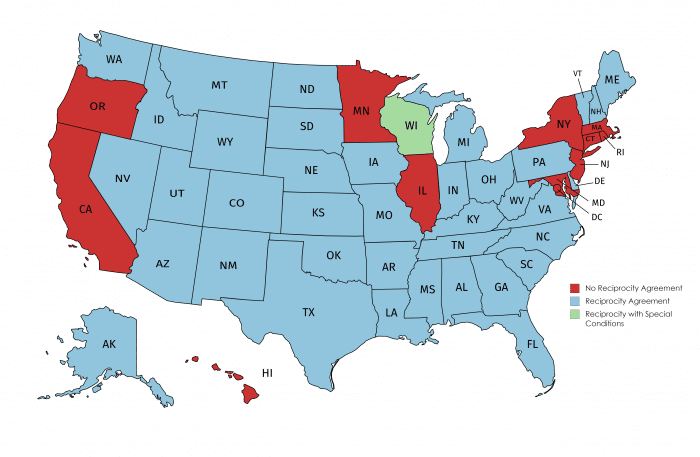
Federal Gun Control Act of 1968 (GCA):
This is the fundamental federal law that controls the movement of firearms between states. The GCA insists that no one shall move any firearm unless he or she does so in compliance with State law. In simple terms, taking a gun from one state to another intending to sell it against the laws of that state is an offence punishable by law. Moreover, under GCA convicted felons are forbidden from transporting guns across state borders or anywhere else in America; thus, this prohibition extends not only to them but also other individuals barred from possessing firearms by federal statutes. Anyone who transports such weapons through both federal and state jurisdictions must abide by these laws.
State Laws Controlling the Carrying of Guns across State Borders
Every state has its own laws about moving firearms, in addition to federal law. These rules are not the same in all states; some are stricter than others. However, it is necessary to know and follow them.
For instance, in some states, people must keep their guns unloaded and locked up during transportation, while others have no such requirement. Furthermore, some places oblige individuals to hold a license for carrying concealed weapons but not everywhere does this apply. Also, certain types of arms, like assault rifles, may be forbidden by law in different jurisdictions.
It should also be remembered that laws at the destination shall prevail over those applicable at the origin or any intermediate point. This means if you are taking a gun from one state with lenient regulations into another with more stringent ones, then comply with latter’s provisions too, lest you become entangled legally between two places
Gun Safety During Travel
Have you ever wondered the best way to travel with a firearm?
Regardless of state laws, it is always important to transport firearms safely. This means ensuring they are carried in such a way as to prevent accidental discharge, theft or loss. Safety should be the topmost priority.
When moving firearms from one place to another, it is advisable that one use a locked container; preferably a hard-sided gun case. They should also ensure that this container is not easily accessible to others by locking it up in the trunk of their vehicle, for example. Further still, when staying at hotels or other overnight accommodations, people may want to consider taking them out of this container and storing them separately. Ammunition separation from guns during transportation is also highly recommended.
Interstate travel involving fire arms can present different legal and safety problems. The transportation of guns across states is regulated by federal law as well as various state and local laws, which must be adhered to without fail. Failure to do so may result in accidents caused by negligence while in transit, among other criminal activities like thefts or losses of these valuable items, which could have been prevented if only we knew what our rights were when dealing with such matters. Therefore, it’s very crucial for us all on board this ship called life (!) aka planet Earth!!! It’s therefore very important for individuals wishing to legally move guns from one state to another, to take time to understand interstate gun transportation rules through legal knowledge while practicing safe methods too.
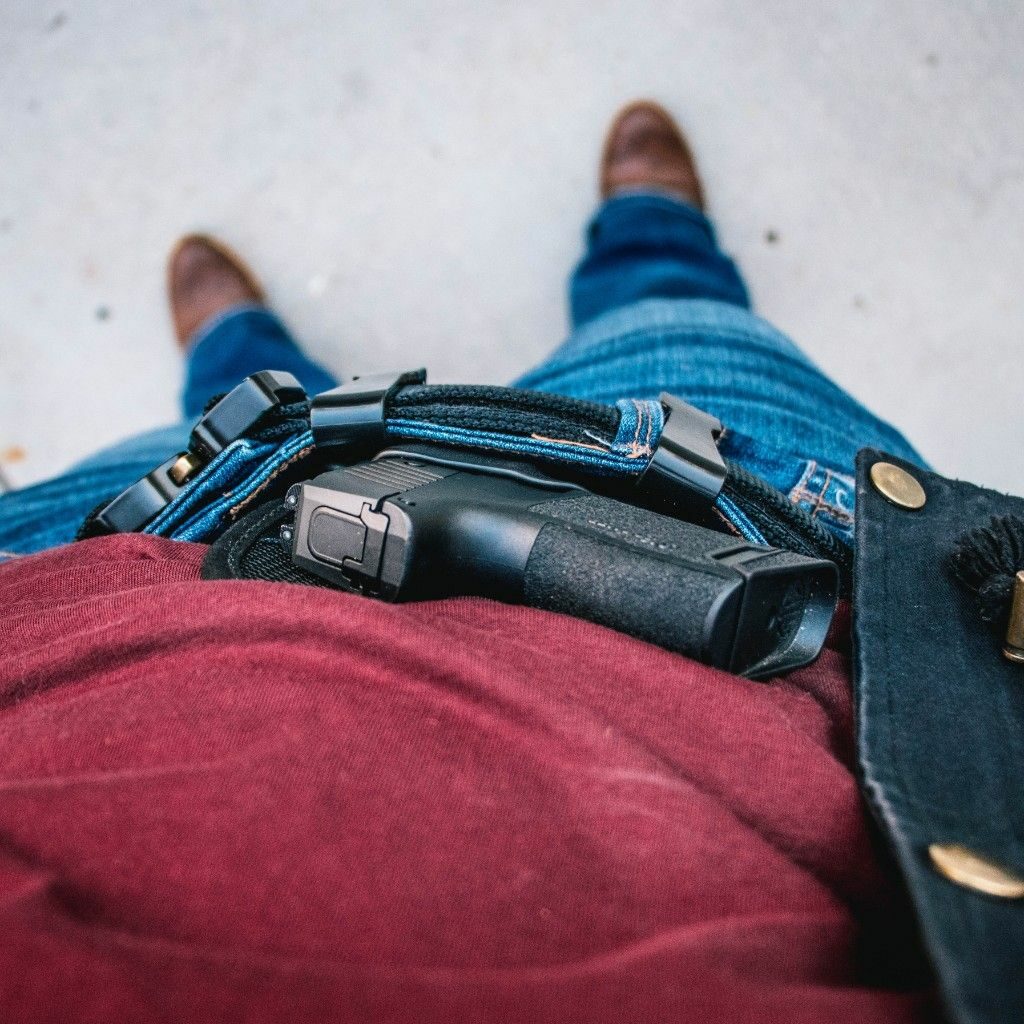
Conceal Carry Academy offers expert training programs for those seeking Texas License to Carry (LTC) or Oklahoma SDA licenses.When preparing for your Texas LTC class or Oklahoma SDA class, make sure you choose Conceal Carry Academy for your training needs. They offer NRA certified instructors who provide some of the best firearms training available today. If you’re looking for information on gun safety or if you’re wanting to take a Texas LTC class or Oklahoma SDA, then choose the experts at Conceal Carry Academy. If you have questions regarding any aspect of firearm ownership within Texas, contact us today!

